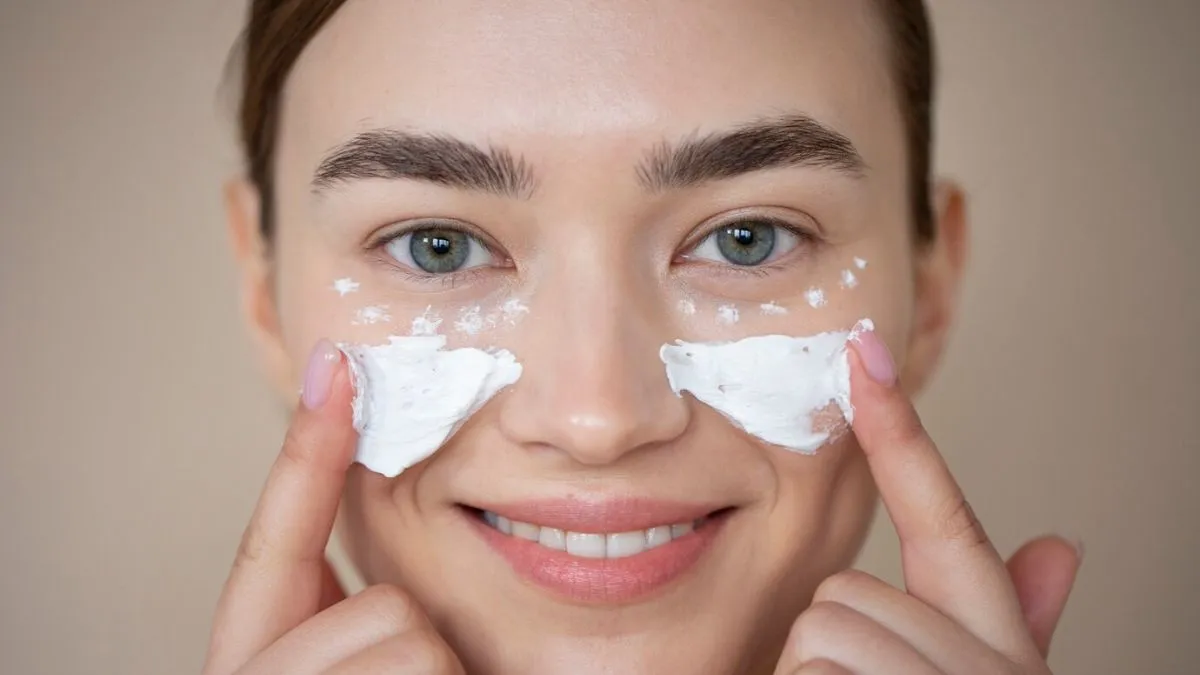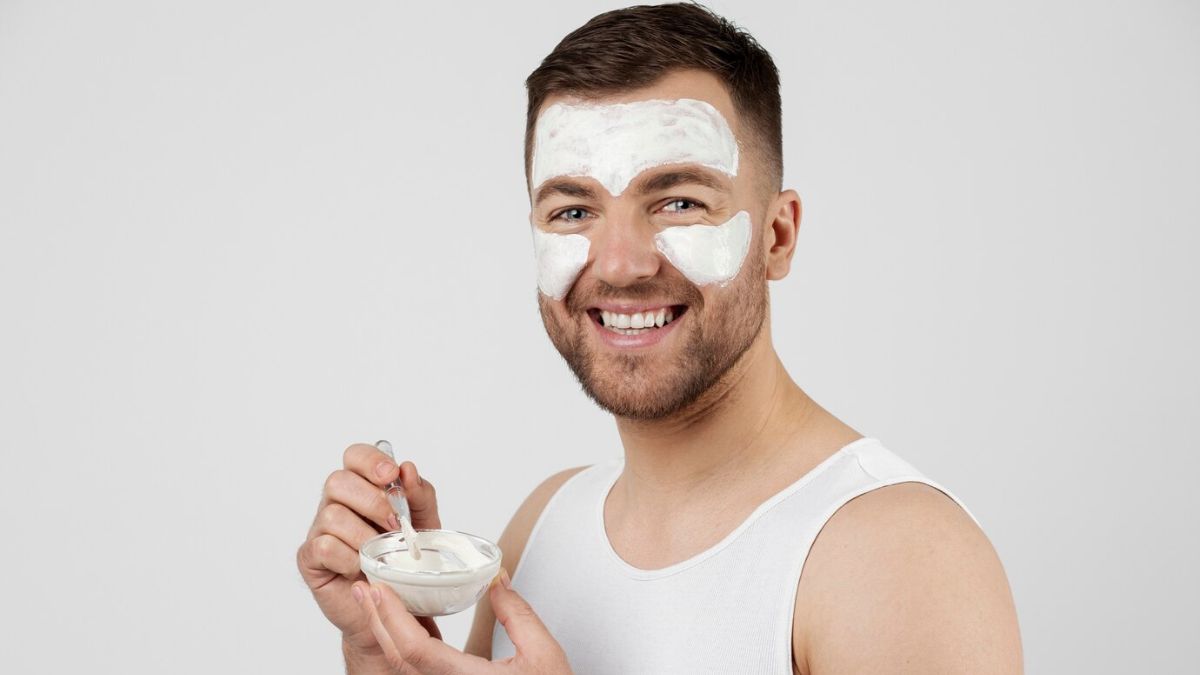
Curd, also known as dahi, has long been a staple, especially in Indian kitchens. Loved for its creamy texture and tangy taste, curd is more than just a comfort food, it is a powerhouse of health and beauty benefits. But is curd actually good for your skin? The answer is yes, curd is not only good for health but also a rich source for skin, it's consumed and applied mindfully.
Table of Content:-
How Curd Supports Skin Health from Within
Here are some of the reasons shared by Anushi Jain, Nutritionist & Founder- Nutri Maven on why curd is great for your skin.
Rich in Probiotics
Curd contains beneficial bacteria that help improve gut health. A healthy gut is directly linked to clearer, more radiant skin. Imbalances in gut flora can lead to breakouts, inflammation, and dullness. Regular intake of curd can help reduce these symptoms by supporting digestion and lowering internal inflammation.
Vitamin-Rich Composition
Curd is packed with essential vitamins like B12 and B2 (riboflavin), both of which promote skin cell regeneration. It also contains zinc and calcium, minerals that play a role in maintaining skin barrier function and healing.
Also Read: When is the Best Time To Eat Curd? Here's What Ayurveda Says
Cooling & Anti-Inflammatory
Curd has a naturally cooling effect on the body, which can help reduce internal heat—often a cause of skin flare-ups like acne, rashes, or redness, especially in summer.
Protein for Repair
As a good source of protein, curd helps support tissue repair, which is essential for
maintaining elasticity, preventing premature aging, and speeding up healing of skin damage.
Topical Benefits of Curd for Skin
Natural Moisturizer
Curd contains lactic acid, a natural alpha-hydroxy acid (AHA) that gently exfoliates dead skin cells while also hydrating the skin. Applied as a face mask, it leaves the skin feeling soft, smooth, and refreshed.

Brightening Effect:
Regular use of curd-based face masks can improve skin tone by reducing tan and pigmentation over time. The mild bleaching property of lactic acid supports a more even complexion.
Soothes Irritated Skin
Its cooling properties help calm sunburns and skin inflammation. You can apply plain curd or mix it with cucumber juice or aloe vera for added soothing effect.
Also Read: Skin & Hair Curd Benefits: Make These 4 Masks At Home
When to Avoid Curd
Despite its many benefits, curd is not suitable for everyone.
Acne-Prone Skin:
For those with histamine intolerance or persistent adult acne, curd may trigger inflammation when consumed. It can worsen bloating and cause skin congestion in sensitive individuals.
Fermented Food Sensitivity:
Some people experience digestive distress or skin issues due to the fermentation in curd. In such cases, it’s best to avoid it or opt for plant-based probiotic alternatives like coconut yogurt or kefir (if tolerated).
Evening Consumption:
According to Ayurveda, curd should not be eaten at night as it may cause mucus buildup and aggravate Kapha dosha. For better digestion and skin benefits, consume it during the day, preferably lunch.
Final Thoughts
Curd can be a skin superfood when used right. It supports healthy digestion, provides skin-repairing nutrients, and works well as a natural beauty treatment. However, individual tolerance matters. If you notice bloating, breakouts, or discomfort, consider switching to lighter probiotic options or consult a nutritionist.
Also watch this video
How we keep this article up to date:
We work with experts and keep a close eye on the latest in health and wellness. Whenever there is a new research or helpful information, we update our articles with accurate and useful advice.
Current Version